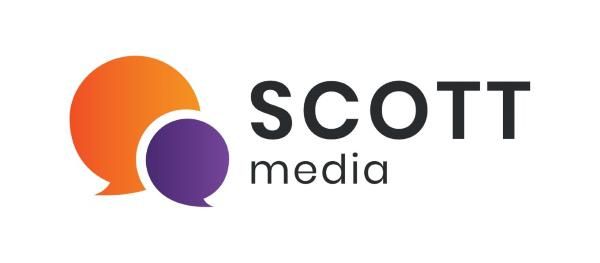How Late Is Too Late? Examining the Consequences of Trying to Control Technology After the Cat is Already Out of the Bag.
We are currently facing a situation where several countries are attempting to ban Tik Tok from users' phones, citing concerns about data security and AI is suddenly be questioned around its use in situations where morality and ethics are concerned.
It also appears that governments are considering how wise it is to allow AI apps and services to proliferate across their own populations. Italy restricted ChatGPT at the end of March and has said it will only allow it to operate in the country when the creators have agreed to a list of demands around privacy.
In recent days, the winner of one of the Sony World Photography Awards 2023 refused to accept it as he said he’d created it using AI. The photographer claimed he’d submitted the image to ‘provoke debate’.
There’s also much debate around AI-generated music and calls for this to be regulated too.
The pace at which these technologies are developing and the impact of apps like TikTok and Chat GPT is clearly outstripping the law globally with authorities rushing to catch up.
This all presents a conundrum for our government (and others) as we expect them to prioritize national and personal security, yet we also do not want our freedom of choice to be limited by excessive government intervention.
If an employer provides a device, especially a government department, they may prohibit certain apps from being installed. However, this is not the same as a nationwide ban on the app or any AI app or service.
Even though the Chinese government may monitor activities on TikTok, many people may still feel comfortable using it.
And what about the impact on business of such bans or restrictions?
If someone is a TikTok influencer or media buyer and has been earning money from the platform for a few years, a government ban can have a significant impact on their business. It is worth considering if it is fair for the government, which is funded by taxpayers, to compensate them for their lost income?
As I said, Italy is considering a potential ban on ChatGPT due to concerns of privacy law violations, similar to TikTok. If this ban occurs, citizens must decide whether they prioritize data privacy over the potential benefits ChatGPT provides to the economy. No national security issues are involved here as far as we know.
Even the TUC is calling on the government to take early action around the use of AI in business. The organisation fears that companies could use it to make important decisions which impact the lives of workers eg. Around who to hire and who to fire. The government denies this – yet the aura of fear around AI is getting more and more powerful.
Should companies be denied access to new and efficient technologies in order to protect jobs?
As a responsible measure, I believe we should question whether our current laws are adequate to keep up with the rapid development of technology.
It is puzzling why the government is waiting until widespread usage before imposing bans or restrictions. Ideally, shouldn't they have taken action earlier and anticipated some of the fall-out around this technology? Or is it better to take a ‘softly softly’ approach until an incident occurs?
The ultimate question is whether bans or restrictions on any technology including Tik Tok and ChatGPT will have any real impact. Users of these platforms are knowledgeable about technology and have been utilizing VPNs for years to view content from outside their region or bypass fees for paywalled services.
Therefore, if governments are unable to safeguard the interests of these companies and regulate access to their services in such instances, it is doubtful that they will be able to prevent people from accessing these apps.
In my view, if the cat is already out of the bag, it is impossible to get it back in – we simply as business owners have to build our own moral compass around such technology.
For more information about EXELA visit https://exela.co.uk






















